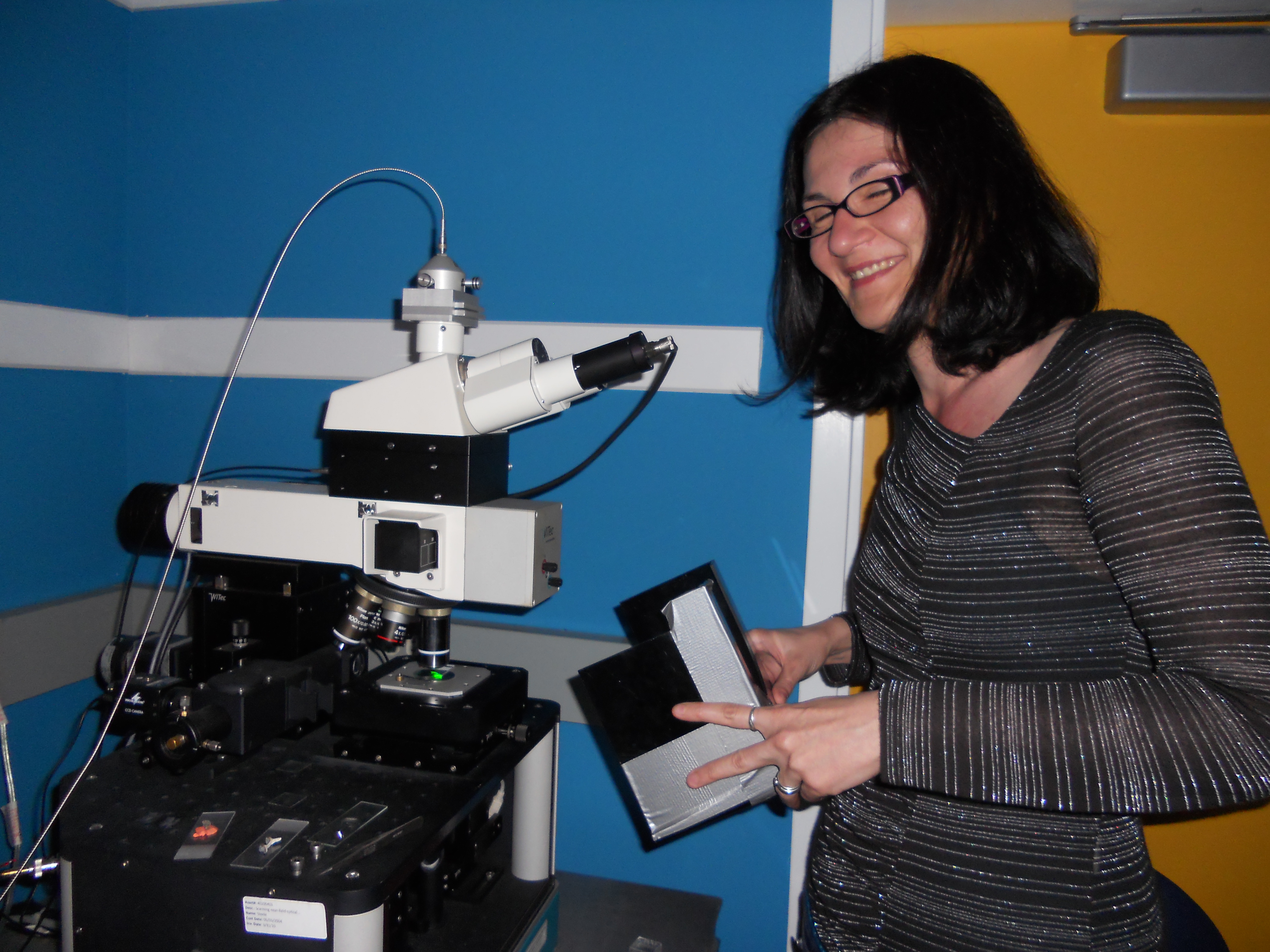Hunter-Gatherer Metabolism
People living as hunter-gatherers burn roughly as many calories per day as those in industrialized countries.

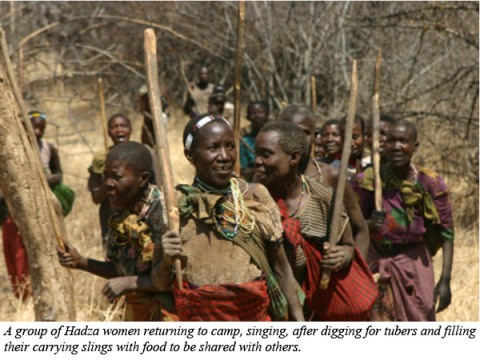
People living as hunter-gatherers burn roughly as many calories per day as those in industrialized countries.
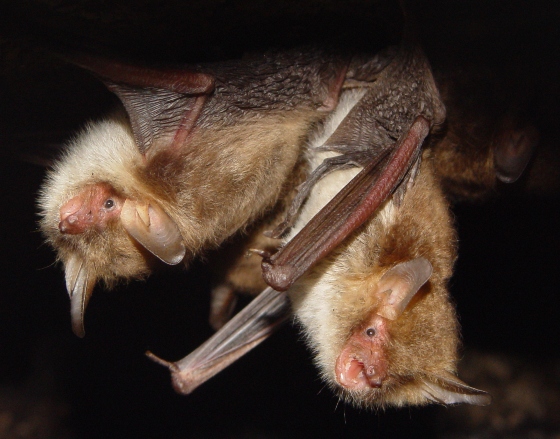
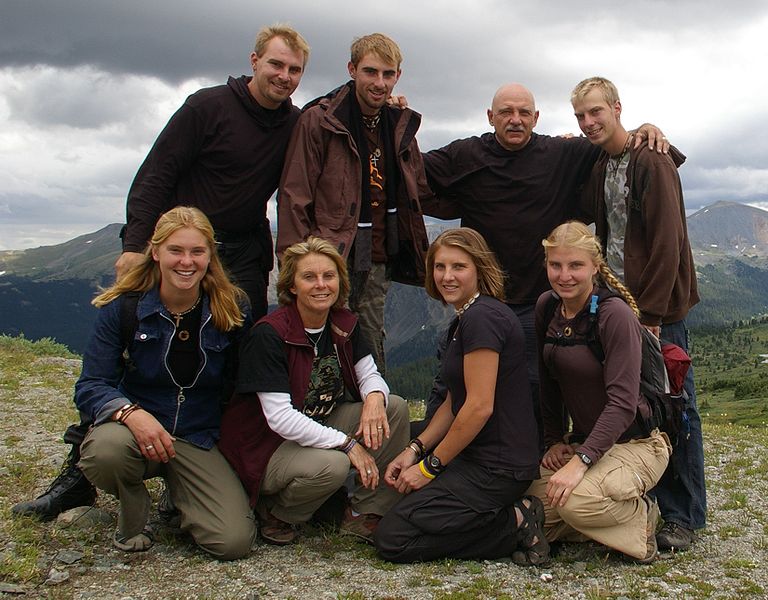
Sequencing the DNA of individual sperm helps explain why siblings are often so different.

Researchers are developing a technique that could potentially flush out reservoirs of latent HIV.
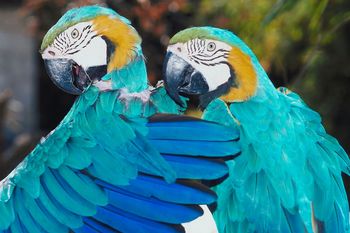
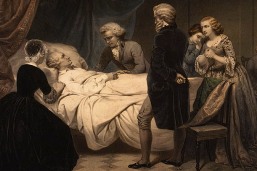
HISTORY MEETS SCIENCE - Dairy detectives discover ancient milk, the historical practice of bloodletting gets a second look, and revisiting failed ideas for saving lives. Also: What migraine headaches and the Mutiny on the Bounty have in common.
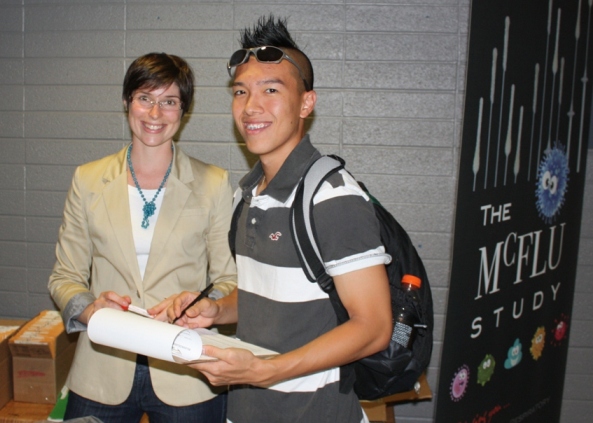
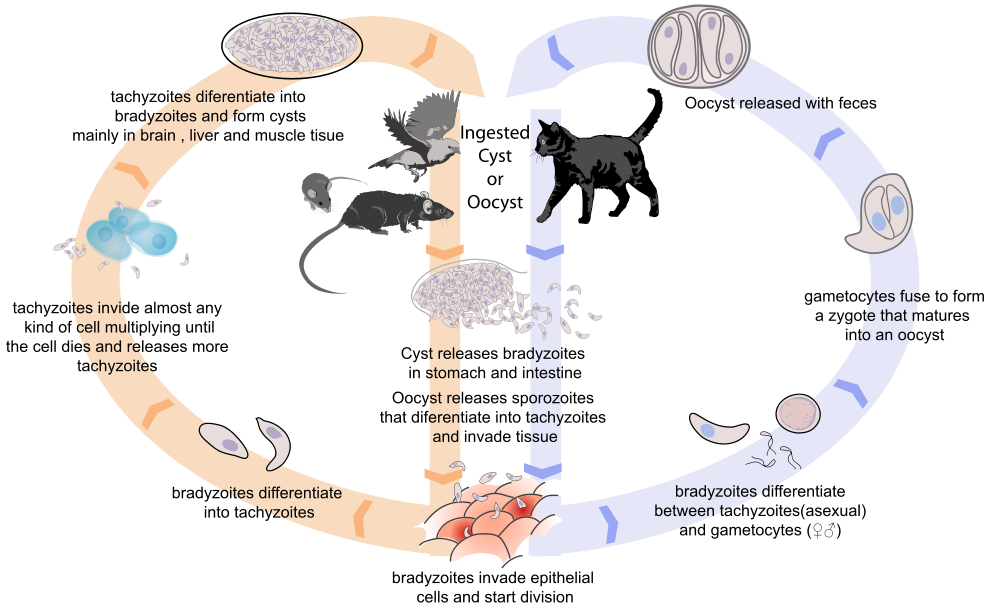
Researchers find a link between a common parasite and suicide attempts in humans.
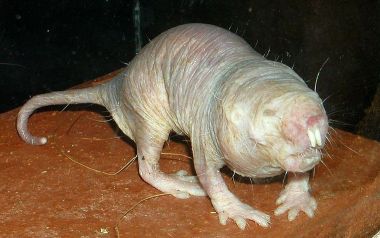
Naked mole rats are the ugly ducklings of medical research. Now a new study suggests that they have an anti-aging potion in their bag of survival tricks.
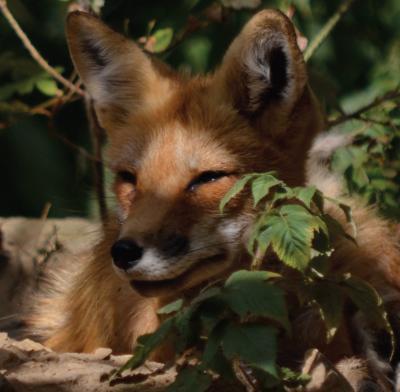
Lyme disease correlates with the waning fox population, not an increase in deer.
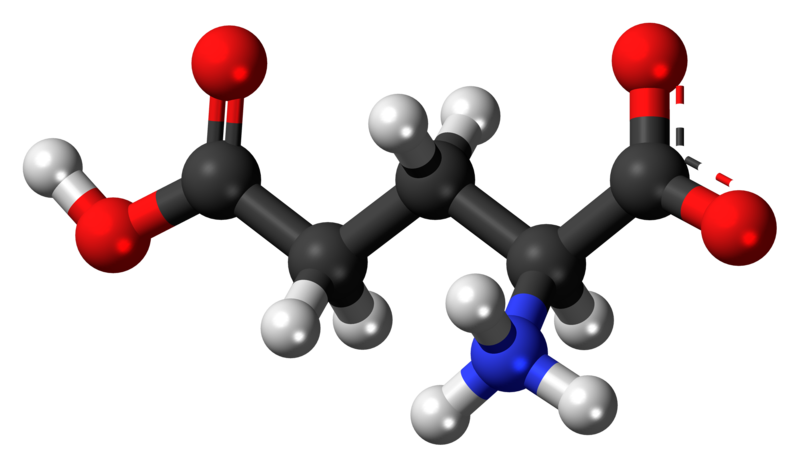

When people stop breathing, they need oxygen fast. New technology could make it possible to get it to them - by bypassing the lungs.
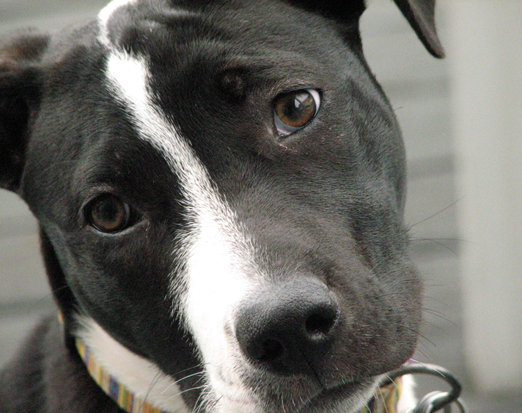
Having a dog in the house may help protect babies from developing respiratory synctial virus (RSV) and asthma.

OUR SOLAR SYSTEM - Scientists discover organic carbon in meteorites from Mars and take a new look at the asteroid Vesta. Also: zebrafish meet their robotic overlords, and someone finally invents a blind-spot-free side-view mirror.
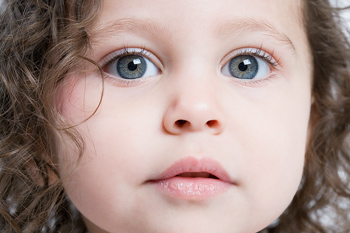
New research into the science of the eye reveals reasons our pupils dilate, and why we look up when we try to remember things.
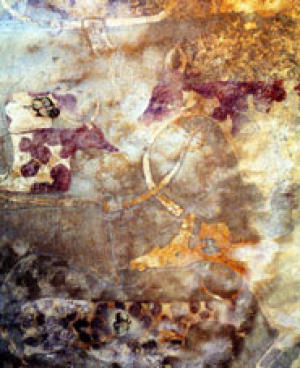
Traces of milk fat in pottery confirm that prehistoric North Africans practiced dairy farming.
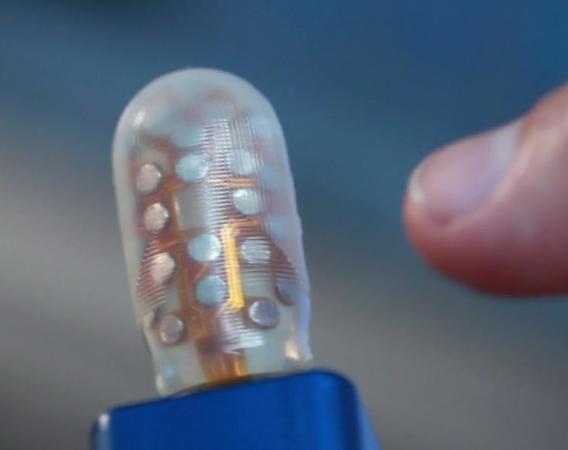
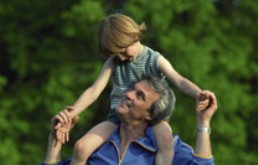
Men that sire children later in life may pass on an advantage to their grandchildren.
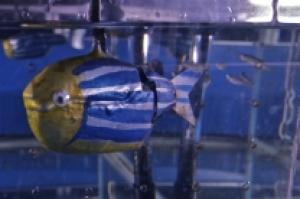
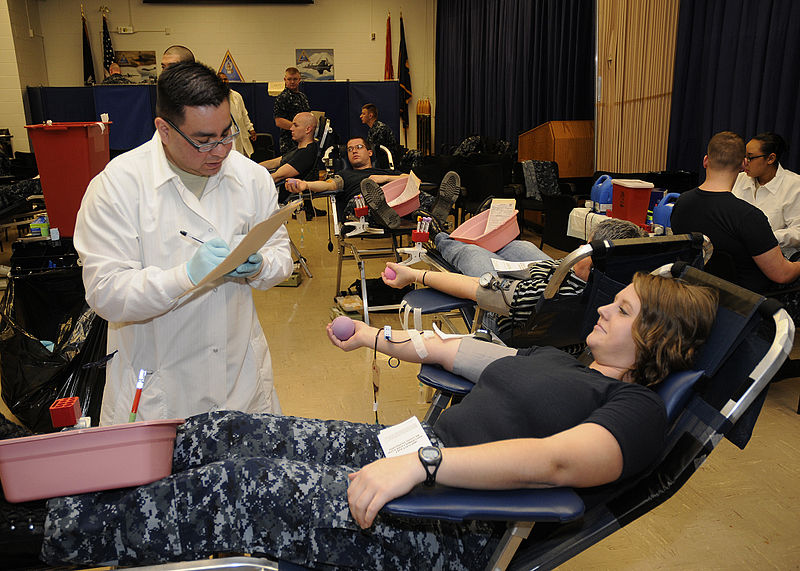
Giving blood regularly may have cardiovascular benefits for people with metabolic syndrome.
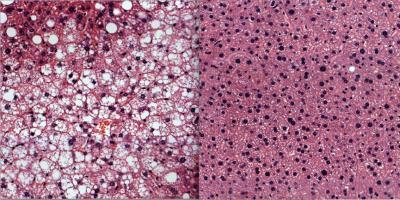
Mice that eat only during certain hours avoid obesity and related health problems – even on a high-fat diet.
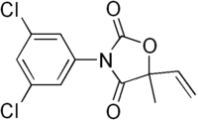
The great-grandchildren of rats given a fungicide were more stressed-out and anxious than other rats.
